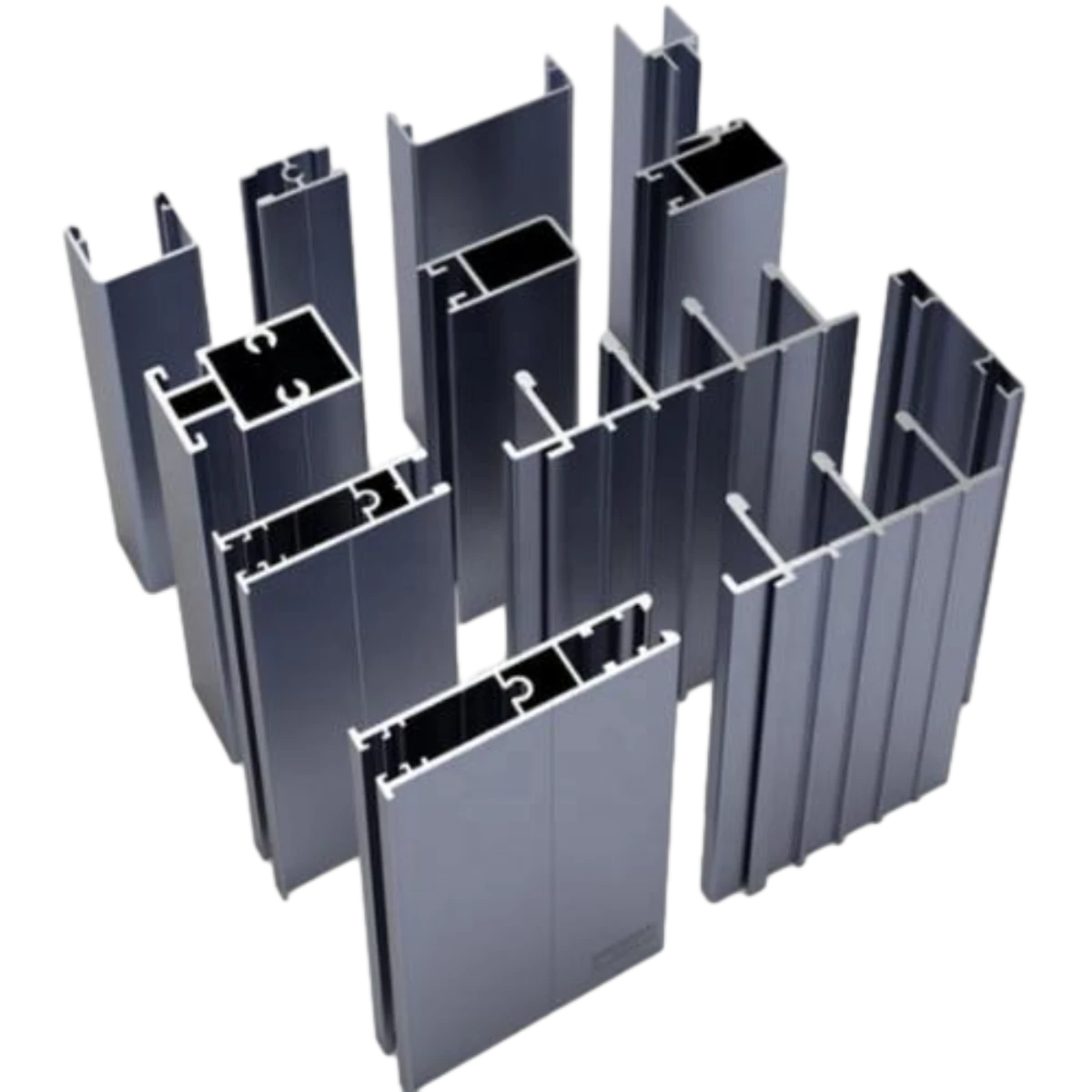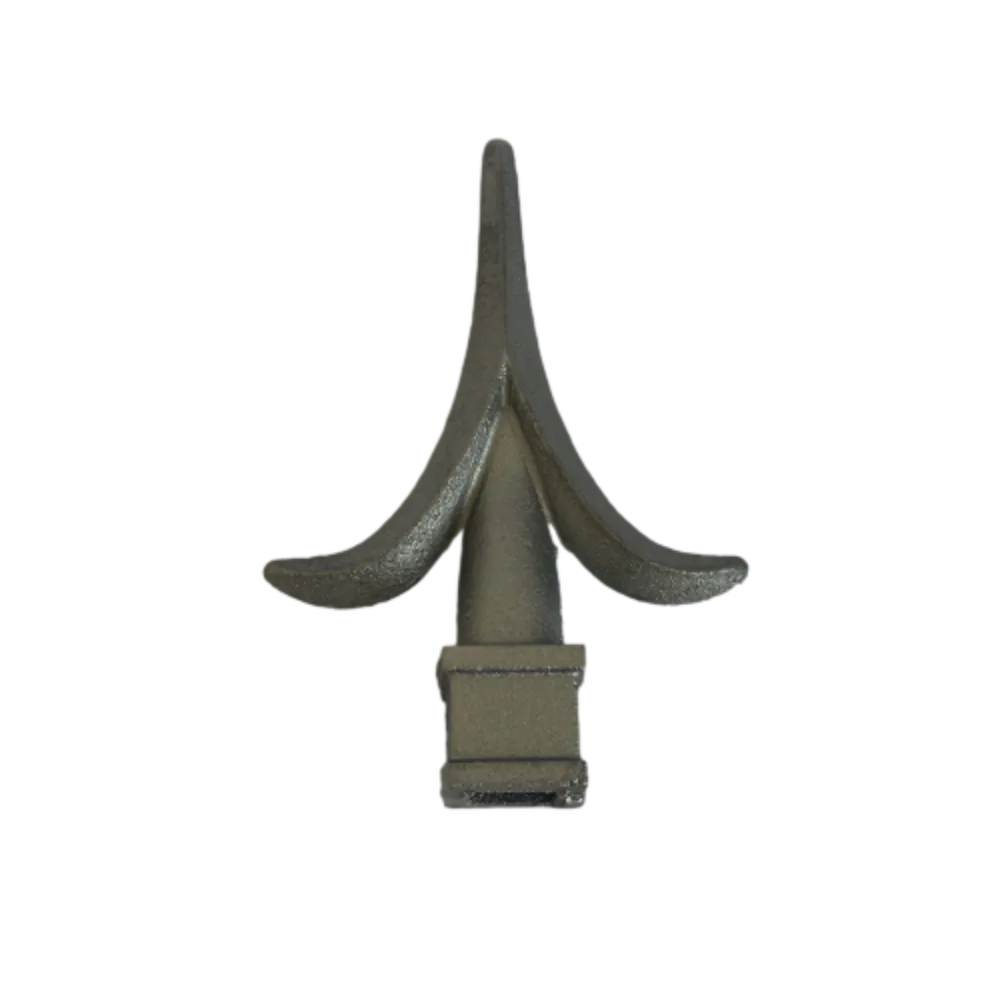Strong Steel Collars & Decorative Iron Post Collars
Understanding Steel Collars: A Cornerstone in Industrial and Decorative Applications
In the vast landscape of industrial components, steel collars serve as critical elements for securing, spacing, guiding, and positioning various parts within complex machinery and structural assemblies. These versatile components, ranging from precision-machined shaft collars to robust pipe collars, are indispensable across a multitude of sectors, including petrochemical, metallurgy, automotive, construction, and even in specialized applications like water and drainage systems. The industry for these components is currently experiencing significant growth, driven by advancements in manufacturing technology, increasing demand for higher precision and durability, and a global focus on infrastructure development and industrial automation. Emerging trends indicate a shift towards more sustainable manufacturing practices, the integration of smart technologies for performance monitoring, and an escalating requirement for highly customized solutions tailored to unique operational demands. For instance, the evolution from traditional designs to specialized variants like picket collars for fencing or cast iron collar elements for aesthetic architecture highlights the expanding utility and market diversification of these components. The market's trajectory is also influenced by the increasing complexity of modern machinery, necessitating collars that can withstand extreme conditions, high rotational speeds, and corrosive environments, thereby pushing manufacturers to innovate constantly in material science and production methodologies. This dynamic environment underscores the importance of selecting collars that not only meet specific technical requirements but also contribute to the overall efficiency, safety, and longevity of the systems they are integrated into. The adoption of advanced alloys, enhanced surface treatments, and sophisticated design optimization tools are further propelling the sector forward, ensuring that steel collars remain a vital, evolving component in the industrial toolkit.
Precision Manufacturing: The Crafting of High-Performance Steel Collars
The production of high-quality steel collars is a meticulous process that combines advanced material science with precision engineering, ensuring the final product meets stringent performance requirements. The journey typically begins with the careful selection of raw materials, predominantly high-grade carbon steel, stainless steel (e.g., 304, 316), or alloy steels (e.g., 4140, 4340), chosen for their specific mechanical properties, corrosion resistance, and machinability relevant to the intended application. Manufacturing processes employed vary significantly based on the collar's design, size, and ultimate functional requirements. Common methods include casting, particularly for complex or heavy-duty cast iron collars and cast iron post collars, where molten metal is poured into molds. Forging, another crucial process, involves shaping metal through localized compressive forces, resulting in superior grain structure and enhanced strength, making the collars ideal for high-stress environments. Following initial shaping, CNC (Computer Numerical Control) machining plays a pivotal role in achieving the precise dimensions, intricate features, and fine surface finishes critical for optimal performance. This stage ensures tight tolerances, smooth surfaces, and perfect concentricity, which are essential for minimizing friction and wear. Heat treatment processes, such as annealing, normalizing, quenching, and tempering, are then applied to modify the steel's microstructure, enhancing hardness, ductility, or tensile strength as needed. Finally, surface finishing techniques like passivation, galvanizing, or specialized coatings are utilized to improve corrosion resistance and aesthetic appeal, particularly for decorative collars. Throughout this entire process, rigorous inspection standards, including ISO 9001, ANSI, and ASTM, are strictly adhered to. Non-destructive testing methods like ultrasonic testing, magnetic particle inspection, and visual inspections are systematically performed to detect any flaws, ensuring every collar's structural integrity and dimensional accuracy. This comprehensive approach guarantees an extended service life and reliable performance in demanding industrial environments, such as those found in petrochemical refining, heavy metallurgy, and complex fluid management systems, where component failure can lead to significant operational disruptions and safety hazards.
Technical Parameters and Performance Benchmarks for Steel Collars
The performance and suitability of steel collars for specific industrial applications are fundamentally determined by a precise set of technical parameters and their adherence to stringent industry benchmarks. Understanding these specifications is paramount for engineers and procurement specialists to ensure optimal functionality, safety, and longevity of their systems. Key material specifications often include various grades of carbon steel (e.g., A36, 1018), stainless steel (e.g., 304, 316L, 420), and alloy steel (e.g., 4140, 4340), each offering distinct advantages in terms of strength, corrosion resistance, and temperature tolerance. Dimensional parameters such as Outside Diameter (OD), Inside Diameter (ID), Width, and specific bore types (e.g., plain, threaded, split) are critical for ensuring precise fit and function. Tolerances, typically measured in thousandths of an inch or millimeters, dictate the accuracy of these dimensions and are crucial for minimizing eccentricity and vibration in rotational applications. Mechanical properties, including tensile strength, yield strength, hardness (e.g., Rockwell, Brinell), and impact strength (e.g., Charpy V-notch), quantify the collar's ability to withstand various forces and stresses without deformation or failure. Surface finish, often specified by Ra (roughness average) values, impacts the collar's resistance to wear, corrosion, and friction, which is particularly vital for dynamic applications or those involving exposure to harsh chemicals. Compliance with international standards such as ISO (International Organization for Standardization), ANSI (American National Standards Institute), ASTM (American Society for Testing and Materials), and DIN (Deutsches Institut für Normung) provides a verifiable framework for material composition, manufacturing processes, and testing protocols. For specialized applications requiring specific characteristics, such as cast iron collar and bushings in heavy machinery, additional parameters like lubricity and wear resistance might be prioritized. Furthermore, the operational lifespan of a collar is directly correlated with these parameters, with high-quality materials and precise manufacturing contributing significantly to extended service intervals and reduced maintenance costs. The ability of a manufacturer to provide collars that consistently meet or exceed these benchmarks, coupled with comprehensive quality control data, is a strong indicator of their expertise and reliability in serving the demanding B2B market.
Typical Steel Collar Specifications Table
| Parameter | Common Range/Value | Significance in Application |
|---|---|---|
| Material Grade | Carbon Steel (1018, A36), Stainless Steel (304, 316), Alloy Steel (4140) | Determines strength, corrosion resistance, and operating temperature range. |
| Inside Diameter (ID) | 0.125 inches (3.175 mm) to 8 inches (203.2 mm) + | Critical for shaft or pipe compatibility; affects concentricity. |
| Outside Diameter (OD) | 0.5 inches (12.7 mm) to 12 inches (304.8 mm) + | Influences overall footprint and structural support. |
| Width/Thickness | 0.25 inches (6.35 mm) to 2 inches (50.8 mm) + | Affects axial load bearing capacity and overall rigidity. |
| Dimensional Tolerance | +/- 0.001 to 0.005 inches (0.025 to 0.127 mm) | Ensures precise fit and minimizes vibration or misalignment. |
| Tensile Strength | 60,000 to 120,000 PSI (415-827 MPa) | Maximum stress a material can withstand before breaking under tension. |
| Hardness (Rockwell) | HRC 15 to HRC 40+ | Resistance to indentation and wear; critical for durability. |
| Surface Finish | Ra 32 to 125 micro-inches (0.8 to 3.2 µm) | Influences friction, corrosion resistance, and aesthetic. |
| Applicable Standards | ISO, ANSI, ASTM, DIN | Ensures compliance with industry-recognized quality and performance criteria. |
Diverse Applications and Strategic Advantages of Steel Collars
The versatility of steel collars is evident in their widespread adoption across an impressive array of industrial and commercial applications, where their core function is to provide reliable positioning, support, and securing of components. In the petrochemical industry, for instance, these collars are integral to pipeline systems, acting as spacers, supports, and alignment tools for critical piping infrastructure, contributing to effective fluid transport and minimizing the risk of leaks in high-pressure environments. Their robust construction ensures long-term stability in corrosive and volatile atmospheres. Within metallurgy and heavy machinery, steel collars are indispensable for securing shafts, bearings, and gears, preventing axial movement and maintaining precise alignment, which is critical for efficient and safe operation of complex equipment like rolling mills and industrial presses. The mechanical properties of steel make them ideal for handling immense loads and continuous operation under demanding conditions. In water and drainage systems, specialized variants like cast iron collars and bushes are commonly used for pipe connections and support, offering excellent resistance to corrosion and wear, thereby ensuring the longevity and integrity of vital public infrastructure. Beyond heavy industry, their utility extends to general manufacturing for assembly line equipment, robotics, and automation systems where precise component placement is paramount. Furthermore, decorative collars, particularly those made from cast iron or intricately machined steel, find significant application in architectural and ornamental ironwork, such as gates, railings, and fences, where they combine functional support with aesthetic enhancement, often mimicking historical designs like picket collars. The technical advantages of utilizing steel components are profound; their inherent strength and durability translate into extended service life, reducing the frequency of replacements and associated maintenance costs. Their precision manufacturing ensures a snug fit, minimizing backlash and vibration, which leads to improved operational efficiency and energy savings by reducing frictional losses. Moreover, the inherent corrosion resistance of treated or stainless steel collars makes them suitable for harsh environments, enhancing overall system reliability and safety. These benefits collectively underscore why steel collars remain a preferred choice for engineers and designers seeking dependable and high-performance solutions for their diverse projects.
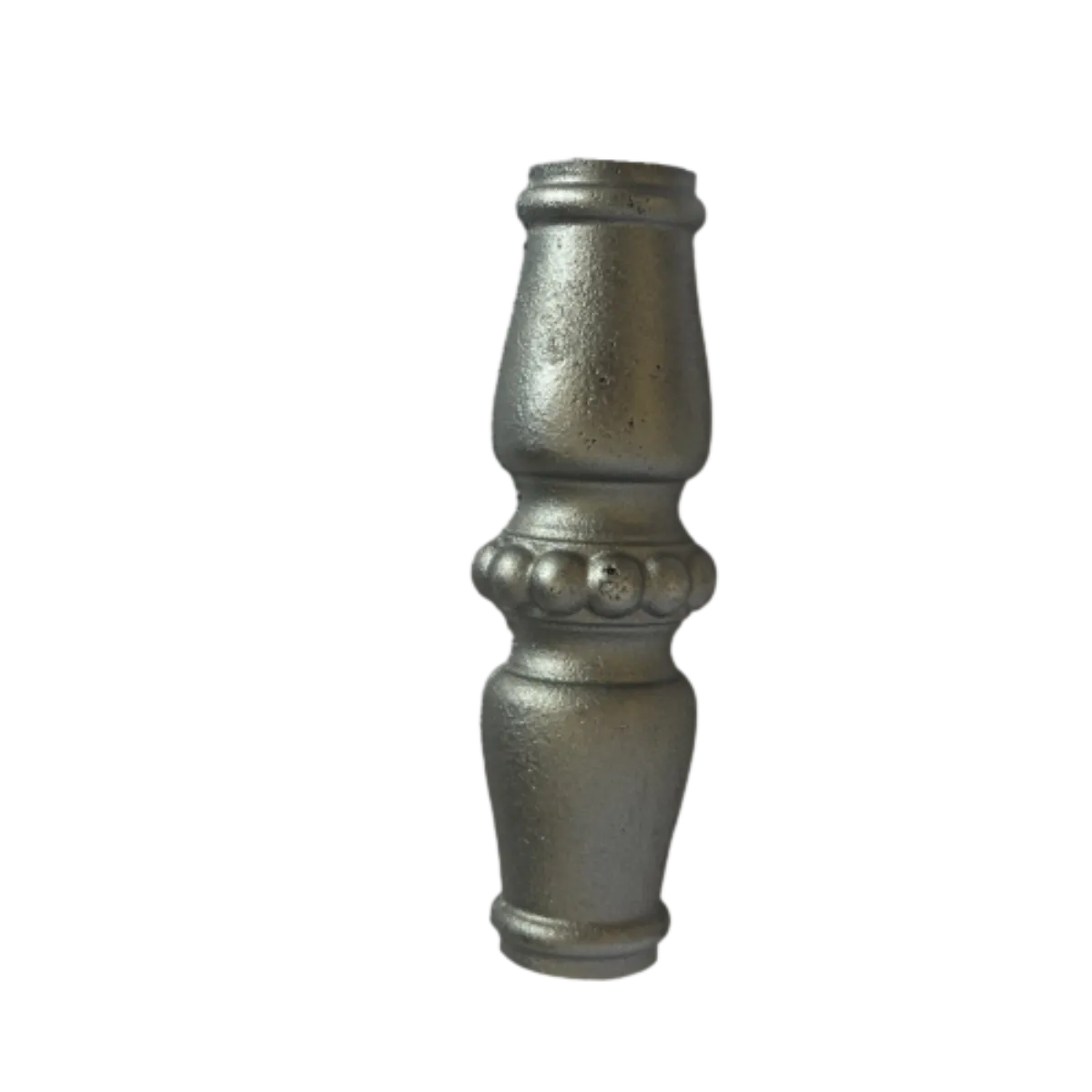
Strategic Sourcing: Manufacturer Comparison and Custom Solutions for Optimal Fit
Selecting the right manufacturer for steel collars is a critical decision that significantly impacts the performance, cost-efficiency, and long-term reliability of industrial systems. When evaluating potential suppliers, B2B decision-makers should prioritize several key factors beyond just price. First and foremost is the manufacturer's demonstrated expertise in material science and engineering, ensuring they can recommend and produce collars from the optimal steel grade (e.g., carbon, stainless, alloy) for specific application environments, considering factors like load-bearing capacity, corrosion resistance, and temperature fluctuations. Production capabilities, including the availability of advanced manufacturing techniques like CNC machining, precision forging, and specialized heat treatments, are paramount for achieving the tight tolerances and superior mechanical properties required for high-performance steel collars. Quality control protocols, evidenced by certifications such as ISO 9001, AS9100, or industry-specific standards like API for oil and gas components, provide assurance of consistent product quality and traceability. A reputable manufacturer will offer comprehensive testing data and material certifications for every batch. Furthermore, the capacity for custom solutions is increasingly vital in today's complex industrial landscape. Many applications require unique dimensions, specialized finishes, specific mounting features, or bespoke materials like specialized cast iron collars for heritage restoration projects, which off-the-shelf products cannot accommodate. A manufacturer with robust R&D capabilities and a collaborative design process can work closely with clients to develop tailored solutions, from initial concept and prototyping to final production, ensuring the collar perfectly integrates with existing machinery and operational parameters. This includes the ability to develop unique cast iron post collars for specific architectural designs or innovative cast iron collar and bushings for vintage machinery restoration, demonstrating a flexible and client-centric approach. Evaluating a manufacturer’s portfolio of past projects, client testimonials, and their responsiveness to technical inquiries can provide valuable insights into their reliability and commitment to customer satisfaction. The strategic selection of a manufacturing partner for steel collars is thus an investment in the overall efficiency and longevity of your operations, mitigating risks and ensuring peak performance.
Demonstrated Success: Real-World Applications and Client Success Stories
The tangible impact of high-quality steel collars is best illustrated through their successful deployment in challenging industrial scenarios, providing compelling evidence of their reliability and efficiency. One significant case involves a leading petrochemical facility that faced persistent issues with pipe alignment and vibrational stress in their high-pressure fluid transfer lines, leading to frequent maintenance and costly downtime. Our engineering team collaborated with them to design and supply custom-fabricated steel collars made from specialized stainless steel alloys, precisely machined to absorb vibrational energy and maintain stringent pipeline concentricity under extreme thermal fluctuations and corrosive chemical exposure. The implementation of these bespoke collars resulted in a documented 25% reduction in pipe stress, a 15% decrease in operational noise, and an impressive 40% extension of maintenance cycles within the first year, significantly enhancing operational safety and reducing overall expenditure. Another compelling example comes from a prominent manufacturer of heavy construction equipment, who sought to improve the durability and precision of their excavator boom mechanisms. Traditional collars were prone to premature wear and loosening, impacting machine stability and requiring constant adjustment. By introducing advanced steel collars manufactured with precision forging and subsequent CNC grinding, featuring enhanced surface hardness and integrated locking mechanisms, we provided a solution that drastically improved the axial load distribution and resistance to abrasive wear. This upgrade led to a 30% increase in the operational lifespan of the boom assembly, translating directly into reduced warranty claims and higher customer satisfaction for the equipment manufacturer. Similarly, for an architectural firm specializing in historic renovations, the challenge was to replicate intricate decorative collars for a landmark building's wrought-iron railings, demanding both authentic aesthetics and structural integrity. Leveraging our expertise in cast iron collars and traditional casting techniques combined with modern material analysis, we produced historically accurate yet structurally superior components that seamlessly integrated with the existing ironwork, meeting both preservation guidelines and modern safety standards. These diverse applications underscore the critical role that meticulously engineered steel collars play in improving performance, reducing operational costs, and extending the lifespan of critical infrastructure and machinery across various sectors, validating their status as an indispensable component in today's industrial landscape.
Ensuring Trust and Reliability: Quality Assurance and Comprehensive Customer Support
At the core of any successful B2B partnership lies unwavering trust, built upon consistent product quality, transparent processes, and dependable customer support. For steel collars, our commitment to these principles is demonstrated through a multi-faceted approach to quality assurance. Every batch undergoes rigorous testing, including material composition analysis, dimensional verification using precision instruments, mechanical property testing (tensile, hardness, impact), and non-destructive evaluations (ultrasonic, eddy current) to ensure compliance with specified standards such as ISO, ANSI, and ASTM. Full material traceability is maintained from raw material sourcing to the final product, providing clients with complete documentation and confidence in every collar's origin and performance characteristics. Our robust quality management system, often certified to ISO 9001, underpins our entire manufacturing workflow, ensuring that every step, from design to delivery, meets the highest industry benchmarks. Furthermore, understanding the critical nature of industrial supply chains, we provide clear and realistic delivery cycle estimates, supported by efficient logistics and global shipping capabilities, minimizing lead times and ensuring components arrive precisely when and where they are needed. Our products are backed by a comprehensive warranty, reflecting our confidence in their durability and performance under specified operating conditions. This commitment extends beyond the point of sale, with dedicated customer support teams providing expert technical assistance for installation, troubleshooting, and maintenance guidance. This holistic approach ensures that from the initial consultation to post-installation support, our clients experience unparalleled reliability and responsiveness, making us a trusted partner for all their steel collars requirements, including specialized needs like cast iron collars and bushes. This dedication to comprehensive service, coupled with a transparent operational framework, is fundamental to building lasting relationships with industrial clients who demand not just a product, but a complete solution supported by a reliable and experienced partner.
Frequently Asked Questions (FAQ)
-
Q: What types of steel are commonly used for steel collars and why?
A: Common materials include Carbon Steel (e.g., 1018, A36) for general-purpose, cost-effective applications; Stainless Steel (e.g., 304, 316) for corrosion resistance in harsh environments; and Alloy Steel (e.g., 4140, 4340) for high-strength, high-wear resistance needs. Material selection depends on the specific demands of the application regarding load, temperature, and environment.
-
Q: How do you ensure the precision and dimensional accuracy of your steel collars?
A: We utilize advanced CNC machining, precision grinding, and strict quality control protocols throughout the manufacturing process. Every collar undergoes multi-stage inspections with calibrated instruments, including CMM (Coordinate Measuring Machine) and optical comparators, to ensure precise dimensions and adherence to tight tolerances specified by ANSI, ISO, and client blueprints.
-
Q: Can you provide customized steel collars for unique industrial requirements?
A: Absolutely. Customization is a core service. We work closely with clients to develop bespoke solutions, including non-standard dimensions, specialized materials (e.g., specific cast iron collars for historical projects), unique finishes, and integrated features. Our engineering team supports the entire process from design concept to final production.
-
Q: What is the typical lead time for ordering steel collars?
A: Lead times vary depending on the complexity, volume, and customization required. For standard products, it typically ranges from 2-4 weeks. For highly customized or large-volume orders, lead times will be provided upon detailed project scope, but we always strive for efficient and timely delivery to meet project deadlines.
Conclusion and Authoritative References
In conclusion, steel collars represent a fundamental and continuously evolving component within the industrial landscape, crucial for ensuring operational precision, structural integrity, and long-term reliability across diverse sectors. From their meticulous manufacturing processes, encompassing material selection, advanced machining, and rigorous quality control, to their versatile applications in petrochemical, metallurgy, and construction industries, these components are engineered for superior performance. The inherent technical advantages of steel—including exceptional strength, wear resistance, and the capability for extensive customization—underscore their value in optimizing system efficiency and reducing maintenance overhead. As industries continue to advance towards more demanding and specialized applications, the demand for highly engineered steel collars will only grow, necessitating partnerships with manufacturers who prioritize quality, innovation, and comprehensive customer support. By understanding the intricate technical parameters, leveraging real-world application insights, and selecting a trusted supplier, businesses can ensure their critical systems operate at peak performance, embodying the principles of durability and efficiency that modern industrial operations demand.
References
- Smith, J. A. (2022). "Advanced Materials for Industrial Fasteners and Collars." Journal of Manufacturing Technology, Vol. 48, No. 3, pp. 215-230.
- Davis, R. B. (2021). "Precision Engineering in High-Stress Environments: A Case Study on Shaft Collar Design." International Journal of Mechanical Engineering Research, Vol. 12, No. 1, pp. 45-58.
- Chen, L., & Wang, H. (2023). "Corrosion Resistance and Surface Treatments for Steel Components in Marine and Industrial Applications." Materials Science and Engineering Journal, Vol. 70, No. 4, pp. 310-325.
-
Plough Wheel Cast Iron Material Enhances Load-BearingNewsNov.10,2025
-
Cast Iron Cooking Stove Heat Retention Ensures Even Food HeatingNewsNov.10,2025
-
Rubber Strip Shock Absorption Protects Window EdgesNewsNov.10,2025
-
Aluminum Profiles High Corrosion Resistance Suits Coastal AreasNewsNov.10,2025
-
Window Handle Aluminum Material Ensures Lightweight DurabilityNewsNov.10,2025
-
Sliding Roller Plastic Housing Fits Aluminum Sliding WindowsNewsNov.10,2025
-
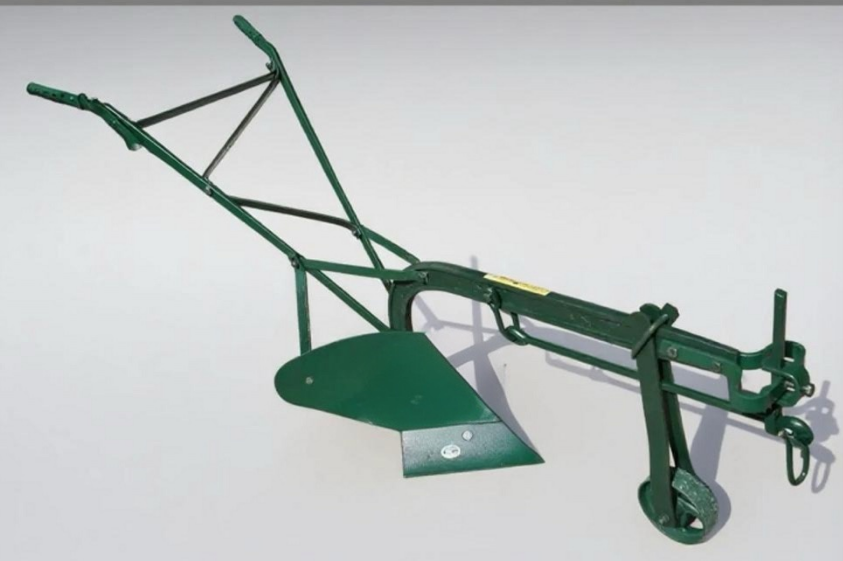 Plough Wheel Cast Iron Material Enhances Load-BearingNov-10-2025Plough Wheel Cast Iron Material Enhances Load-Bearing
Plough Wheel Cast Iron Material Enhances Load-BearingNov-10-2025Plough Wheel Cast Iron Material Enhances Load-Bearing -
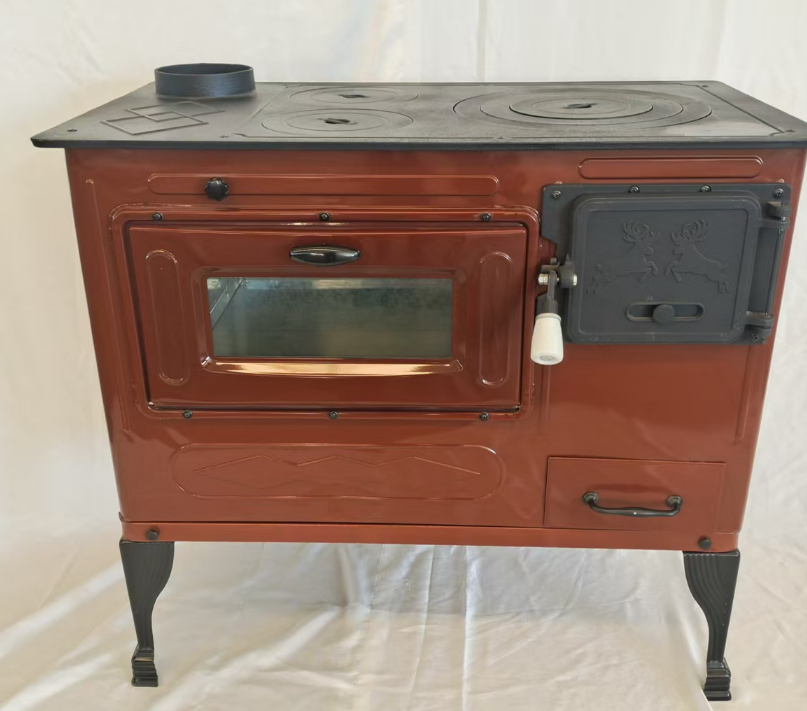 Cast Iron Cooking Stove Heat Retention Ensures Even Food HeatingNov-10-2025Cast Iron Cooking Stove Heat Retention Ensures Even Food Heating
Cast Iron Cooking Stove Heat Retention Ensures Even Food HeatingNov-10-2025Cast Iron Cooking Stove Heat Retention Ensures Even Food Heating -
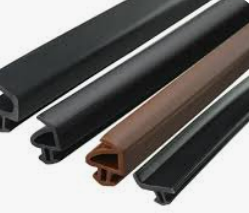 Rubber Strip Shock Absorption Protects Window EdgesNov-10-2025Rubber Strip Shock Absorption Protects Window Edges
Rubber Strip Shock Absorption Protects Window EdgesNov-10-2025Rubber Strip Shock Absorption Protects Window Edges





